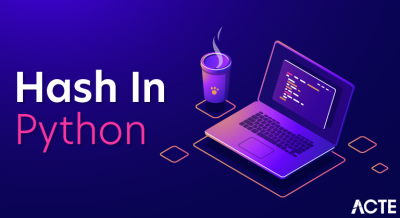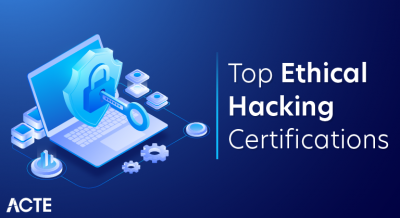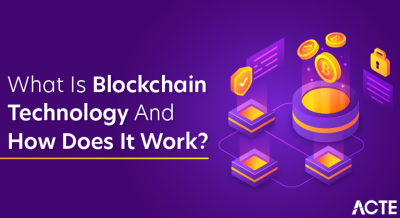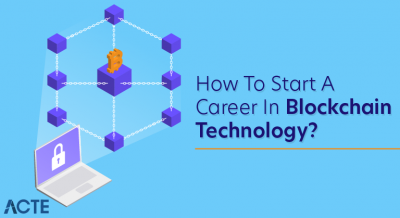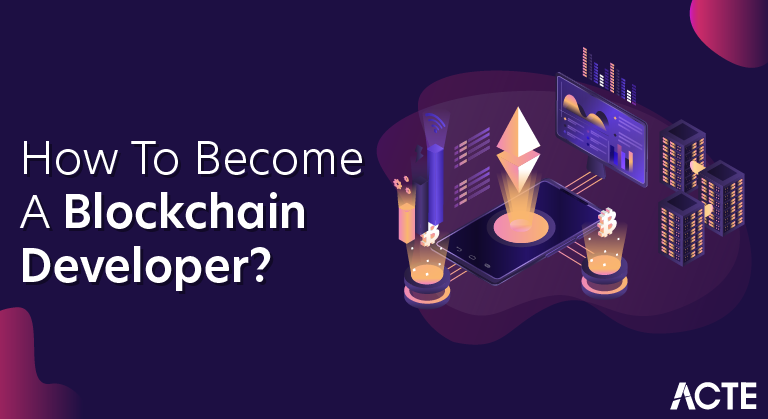
Who is a Blockchain Developer?

In the past few years, I’ve actually been asked this question on numerous occasions as to “who exactly is a blockchain developer and what kind of development is he concerned with?” Well, I guess it’s easy to get confused, with so many types of developers out there in the industry. So let’s remove this confusion by actually defining a blockchain developer…
A developer responsible for developing and optimizing blockchain protocols, crafting the architecture of blockchain systems, developing smart contracts and web apps using blockchain technology are commonly called blockchain developers.
Technical Skills Required to Become a Blockchain Developer
When talking about a blockchain developer, a combination of skills is expected by the person. Let’s discuss them one by one.
Blockchain Architecture
A blockchain developer should have an excellent understanding of blockchain, its working, and its architecture. Concepts like cryptographic hash functions, consensus, distributed ledger technology should be at the tip of their fingers. The best way to get yourself familiarized with blockchain technology is to go through the bitcoin blockchain whitepaper, but going through the complete white paper can be a tedious task and a little guidance always helps boost the learning curve. Hence you could sign up for edureka’s Blockchain course
Data Structures
Secondly, an in-depth knowledge and applicative sense of data structures is a necessity when aiming to become a blockchain developer. Blockchain developers are constantly playing around and tweaking existing data structures like merkle trees, petrecia trees etc to meet their personal network requirements.
Blockchain uses a plethora of data structures in conjunction with advanced cryptography to build a secure and immutable system. A knowledge about blockchain, without any knowledge of data structures, can only be deemed incomplete.
Cryptography
As I just mentioned, Blockchain is a conjunction of data structures and advanced cryptography, hence it is only obvious that a good grasp on cryptography is also required to become a blockchain developer. A lot of cryptographic methods like hash functions eg SHA256 and KECCAK256 are used in blockchain aside from asynchronous cryptography for generating digital signatures. Without understanding how these work, it is impossible to become a blockchain developer.
Smart Contract Development
Smart Contracts have become a huge thing since the release of Ethereum. Now every blockchain tries to incorporate smart contract functionality into its system so that business logic can be easily applied on the blockchain. Hence, developers striving to get into the blockchain field should definitely learn about smart contract development. This generally entails learning network specific languages like Solidity, Viper, Chaincode etc.
Web-Development
Web development is a core aspect of a blockchain developer. When a person begins his career as a blockchain developer in the industry, a majority of them are employed for the basic designing of decentralized applications. This means you must know the basics of both front-end and back-end development which includes things like creating interactive graphical user interfaces for Dapps, API handling, request handling etc.
Companies Hiring Blockchain Developers
So if you think if you have what it takes to become a blockchain developer, then it’s a pretty golden time for you because opportunities are thriving. For every five blockchain developer related job in the industry, there is only one eligible blockchain developer available. Many fortune 500 companies like IBM, Accenture, Capgemini are on the hunt for eligible blockchain developers.
Roles of a Blockchain Developer
Let’s first discuss the roles of a core blockchain developer.
Core Blockchain Developer
As discussed earlier, a core blockchain developer is generally involved in the design, architecture, and security of a blockchain system. In brief, their roles include the following:
- Design of blockchain protocols
- Design of consensus protocols and security patterns for the network
- Design of the network architecture
- Supervision of the entire network
Blockchain Development Tools
One of the biggest hurdles with anything as new and revolutionary, such as the blockchain technology, is familiarizing oneself with various concepts integral to the system.
Types of Blockchain Developers
As I just specified, there are two types of blockchain developers, namely:
- Core Blockchain Developers
- Blockchain Software Developers

Core blockchain developers are mostly responsible for developing the architecture of a blockchain system, how its protocols should be designed, the design of consensus protocol and other high-level decisions and development related to blockchain technology. Blockchain software developers, on the other hand, use the architecture and protocols designed by Core Blockchain developers to build decentralized applications that run on blockchain technology.
Blockchain Technology
Blockchain is a term used to describe DLT, or Distributed Ledger Technology. Blockchain is used to create a storage system for data in a distributed and immutable manner.
Learn Blockchain Technology
- Blockchain: The blockchain is a chain of blocks where each block contains data of value without any central supervision. It is cryptographically secure and immutable.
- Decentralized: Blockchain is said to be decentralized because there is no central authority supervising anything.
- Consensus Mechanism: The mechanism by which a decentralized network comes to a consensus on certain matters.
- Miners: Users who use their computational power to mine for blocks.
It could be advisable to learn more about these terms that are widely used in the crypto-sphere. It is highly recommended that you go through our comprehensive glossary. It is important to learn these basic terms otherwise you will be very lost further on in your education. Now, up next, it is time to educate yourself some more on the technical aspects of the blockchain.
If you are interested in the technical aspects of how to create a fin-tech application on top of the Blockchain then you should definitely learn the ins and outs of crypto-economics. Most developers are usually well-versed in the “crypto” part of the equation but their knowledge of the “economics” part is extremely lacking.
This difference in knowledge is extremely apparent when you study some of these ICOs floating around. It is very obvious to see that the economics side of their ICO’s is not well thought out.
So, in light of that, it can be a good idea to read up a bit on economics and have a general idea of it. If you want to learn about crypto-economics in general, then you may check out our article here.
If you are intrigued by the cryptography specifically and want to know how signatures work and what public-key cryptography means, then read this.
After that, it is highly recommended that you understand how bitcoin works. bitcoin is the most widespread, finest and one of the more elegant applications of blockchain technology. You can even call it the finest example of what the blockchain technology can achieve purely because of the impact that it has had.
So, it is advisable that you read Satoshi Nakamoto’s whitepaper of bitcoin. You can find it over here. Now that completes the first milestone.
Let’s check out the action steps that you need to take over here:
- Get acquainted with the various terms and lexicons.
- Read up on the more technical aspects of the blockchain.
- Read the bitcoin whitepaper.
These are the key features from a technological standpoint.
Immutability
This means that once data is written to a blockchain data store or ledger, it cannot be changed – it’s there forever. In contrast, in a standard Relational Database, no matter how much security you implement, the data can be accessed and modified on the file system on which the data is persisted. This could be done by a corrupt admin or a hacker.
A blockchain system ensures that even if a bit of data is changed at any level on the ledger, the entire system reports an invalid state. And since the data is distributed on multiple systems, the actual data with valid state can be recovered from one of the systems.
Distribution
As long as you see data on a blockchain and it’s in a valid state on a majority of distributed nodes, you can trust that data to be accurate. This trust is key. This trust is achieved in a blockchain system by replicating the datastore on a number of peers (hosts) on the internet. If one of the misbehaving peers goes in an invalid state, the other peers can filter it out. As long as there is a majority of peers agreeing to a common valid state, you can completely trust the data that is stored on that system. This replication also guarantees high availability.

